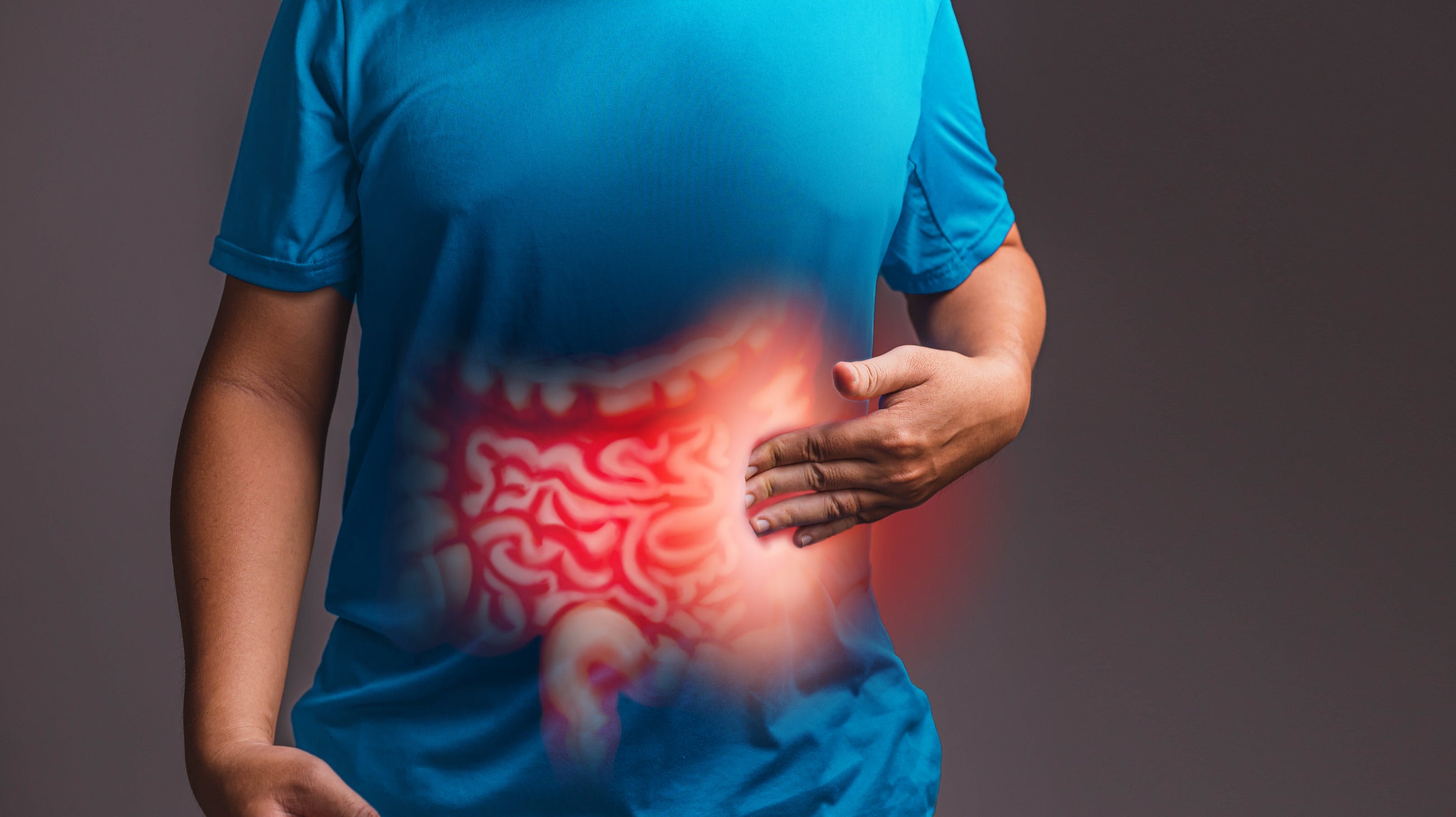
Heart Health 101: What You Need to Know
From taking the #1 spot as the most populated country in the world, India has also recently earned itself the title of “Chronic Heart Disease Capital”. There seems to be a major cardiac health crisis going on in the country, especially with young people suddenly dying due to heart attacks.
But it wasn’t always this way.
Ages ago, humanity was dying of very preventable, infectious diseases merely because of a lack of advancements in medical and technological fields. People didn’t usually live long enough to die of chronic diseases like cancer, obesity, heart disease, or diabetes.
But now, with innovations in every possible field, life has gotten far simpler. So simple, in fact, that the lifestyle factors which were once considered luxuries are now killing people. The cozy, sedentary life full of junk food, tobacco, and alcohol is taking lives more rapidly now than ever before. And it seems to be especially rampant in the Indian subcontinent. Cardiovascular disease is the leading cause of death in the country.
It becomes necessary, then, to understand this vital organ and what we can do to make sure it gets the care it needs.
What is the heart? How does it work?
The heart is a crucial organ at the core of your system. It’s entirely made of muscle tissue and regulates blood circulation. It pumps blood to every part of your body, with 4 main chambers separated by “heart valves” to regulate the direction of blood flow.
The rhythmic pumping of the heart is regulated by electrical impulses. A healthy heart, with functional electrical impulses, will properly supply blood to the body. A healthy, adult heart rate varies with age and other variables, but ranges from 60 - 100 beats per minute.
But if the heart is diseased, the blood flow gets affected as well. Your organs will not get sufficient blood if the heart isn’t pumping it properly. And if the electrical impulses are chaotic, the pumping gets out of control and can lead to irregular heartbeats (arrhythmia) where the heart beats too fast or too slow, leading to a heart attack.
What causes heart problems?
Diseases affect cardiac tissue in different ways, such as thickening of the heart muscle, inflammation of the heart which can cause heart failure, and through congenital heart diseases that develop before birth. In individuals that aren’t born with heart conditions, chronic heart disease can be attributed to factors like poor diet, lack of activity, smoking, substance abuse, and excessive alcohol consumption.
The Unnoticed Factors in Blood
Conventional approaches have always missed the spot when it comes to accurately finding the cause of cardiovascular diseases (CVD), and likewise give the wrong instructions on following the right lifestyle to avoid CVDs.
“In the 1990s, we focused on sodium and saturated fat as the culprits of cardiovascular disease,” Zimmerman says. “So we turned to low-fat products that replaced the fat with sugar. We now know this didn’t address the issue, because obesity and heart disease have continued to rise.” reports this article.
Coronary Heart Disease is an example of a heart disease caused by the buildup of fat or ‘plaque’ in arteries. But fat and cholesterol have erroneously been put in the spotlight for too long. They’ve been pushed as the single worst things to happen to heart health, but upon closer examination, functional nutrition has found that 3 root causes lie at the heart of cardiac disease:
- Oxidative Stress
- Inflammation
- Insulin Resistance
These are the markers that you should focus on improving to prevent heart disease.

The functional way to start a heart-healthy lifestyle:
When learning to take care of your heart, it’s necessary to focus on healing holistically. We recommend:
- Blood Tests: Get tested to find out what your blood markers indicate about your heart. Functional health practitioners will help you focus on the right indicators, such as inflammatory markers, your entire lipid profile with LDL, HDL, and total cholesterol, and much more. You should be aware of your current heart health status, and blood tests can quickly give you a comprehensive snapshot of it.
-
Exercise: Having an active lifestyle cannot be stressed enough when it comes to improving heart health. Aerobic exercise and cardio workouts are extremely beneficial for cardiovascular health as they improve circulation and reduce blood pressure. Regular exercise like walking, running, hiking, or skipping rope can help to improve stamina and energy levels, and even improve your mood(1).
- Dietary Approach: Changing your lifestyle is arguably the most challenging part of the journey towards a healthy heart. Many people find it difficult to give up the problematic foods they regularly eat. But the wrong foods will add to the problem and you need to cut them out. You should opt for foods like oily fish, such as salmon or mackerel, which contain omega-3 fatty acids EPA and DHA which are known for their anti-inflammatory properties. Red meat, eggs, and organ meat are packed with nutrients like magnesium, selenium, and essential vitamins. All these foods also contain Co-Q10 which is highly beneficial for heart health.
-
Cholesterol is not the Enemy: Contrary to conventional belief, saturated fats aren’t the issue. Dietary guidelines throughout the years have mistakenly focused on removing fat and cholesterol from your diet, while completely ignoring the real problem factor: sugar(2). Sugar is ultra-processed and highly inflammatory, and it stimulates insulin in the body, leading to type 2 diabetes, chronic inflammation, weight gain, and cardiovascular disease. Reduce the sugar in your diet, especially artificial sweeteners and added sugars. Naturally occurring sugar such as the kind from fruits are acceptable in moderate amounts. We recommend using honey to replace sugar.
-
Avoid Alcohol: Excessive alcohol consumption contributes to cardiovascular diseases by increasing the triglycerides floating in your system.(3) Alcohol can also negatively affect cognitive function in the long run, as well as impair judgment in social and critical situations. It is highly addictive and should be avoided.
-
Don’t Smoke: Smoking pollutes the blood that’s circulated in your body with chemicals that damage the heart(4). It also contributes to high blood pressure and mood swings. Smokers should note that by smoking they place not just themselves, but also those around them at risk by exposing them to Second Hand Smoke. SHS contaminates the bodies of anyone who inhales it, and can even cause sudden death in infants if inhaled by pregnant women or infants (SIDS – Sudden Infant Death Syndrome). Don’t smoke, and encourage those around you to quit, for the sake of public health.
- Fix Your Nutrition: For ideal function, the body needs to be supported by the right nutrients. Certain nutrients are particularly good for heart health but can be difficult to acquire through diet alone, especially for those following vegan or vegetarian diets. Coenzyme Q10 or Co-Q10 is a nutrient found in every cell of the body but is especially concentrated in vital organs like the heart. Little known fact: it depletes over time. Even though it naturally fades from the body as you age, the requirement for it does not. You need to supplement Co-Q10 into your body to keep up with the challenges and demands placed upon your heart which essentially loses the resources to meet them over time. Always consult your healthcare provider before taking any supplements and medication, especially in the case of pregnant and/or breastfeeding women.
The heart is the muscular superhero of your body’s movie. It’s actively involved right from the prologue to the epilogue, and never rests even for a moment. It can get worn down over time, and lifestyle factors can lead to the development of cardiovascular diseases. That’s why it’s important to care for your heart and make sure it doesn’t tire out before it needs to. You can use these functional tips to keep you and your heart happy, healthy, and flourishing.
Other References:
https://www.ncdemography.org/2014/06/16/mortality-and-cause-of-death-1900-v-2010/
https://www.cdc.gov/mmwr/preview/mmwrhtml/mm4829a1.htm
https://www.ncbi.nlm.nih.gov/pmc/articles/PMC1470658/
https://www.fda.gov/tobacco-products/health-effects-tobacco-use/how-smoking-affects-heart-health
https://www.cdc.gov/tobacco/secondhand-smoke/health.html
https://www.nhlbi.nih.gov/health/heart
https://www.nhlbi.nih.gov/health/heart/anatomy
https://www.rupahealth.com/post/what-is-a-heart-healthy-diet-and-who-should-follow-one
https://www.ithrive.shop/products/coenzyme-q10-with-l-carnitine


Leave a comment
This site is protected by hCaptcha and the hCaptcha Privacy Policy and Terms of Service apply.